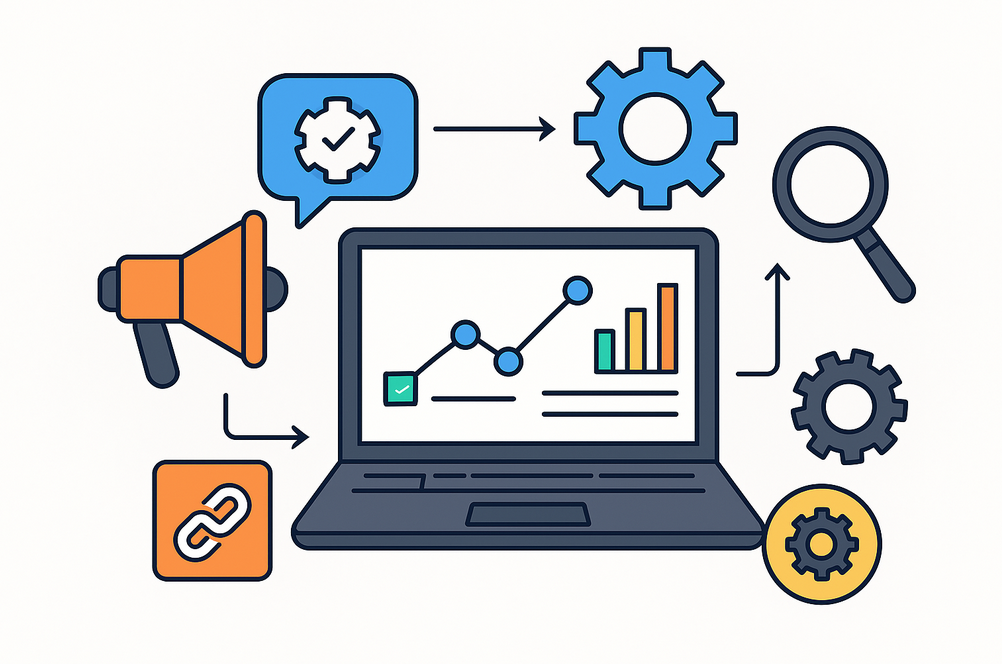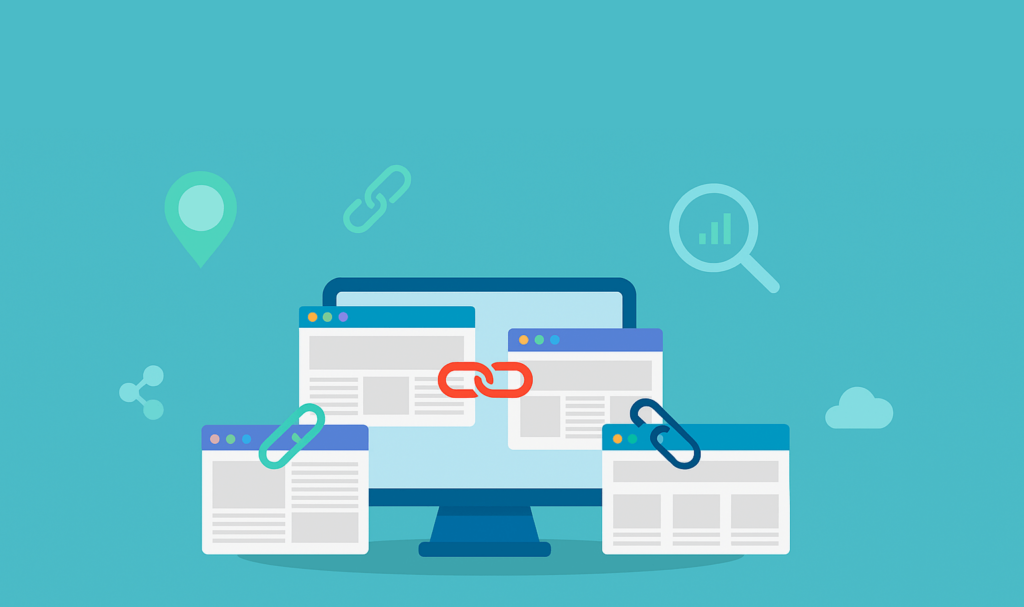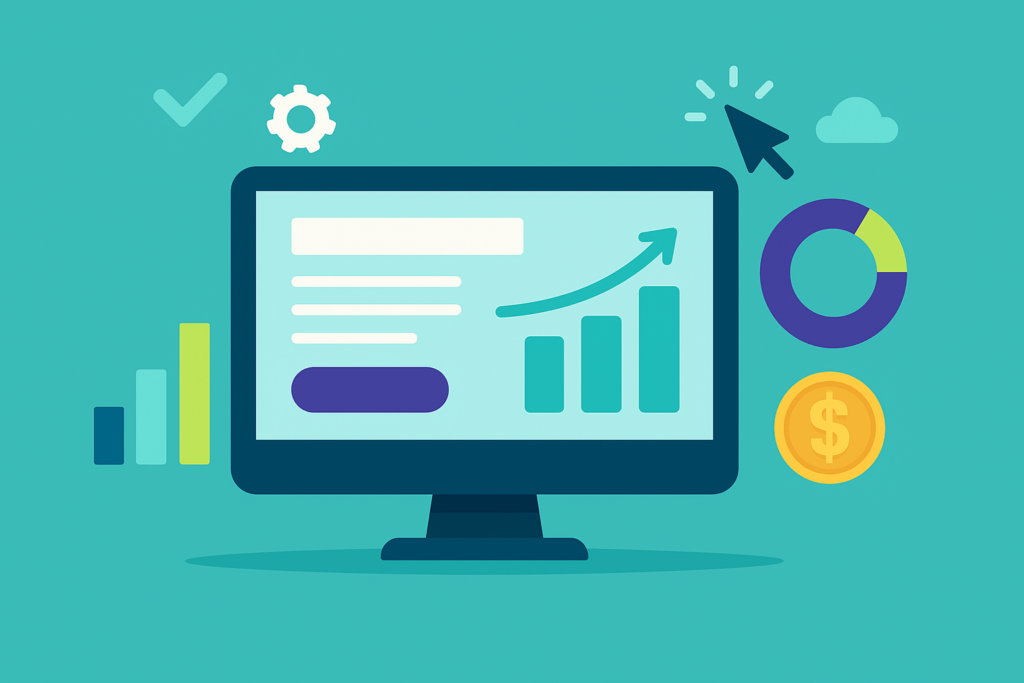
Over the past few months, the COVID-19 pandemic has taken the world by storm. Widespread lockdowns and travel bans have left many stuck at home and dependent on digital networks and internet connectivity for goods and services. As a result, e-commerce in the US has skyrocketed with $73.2 billion online sales made in June compared to $41.5 billion the year prior.
This significant growth has occurred across a variety of industries as consumer attitudes and buying habits continue to change. With more employees now working from home, there has been an increase in demand for products that sustain that lifestyle. Electronics has experienced a 58% increase and price inflation due to increase in at-home computer and audio equipment sales. Retail has seen a similar increase in total online apparel sales with casual clothing sales increasing in comparison to business professional clothing.
Trends also show that consumers are now buying essential products online at an accelerated rate to ensure they have the necessities to keep themselves healthy. Grocery sales through online outlets have increased 9% in May and hit $7.2 billion in June, with many consumers favoring stay at home delivery options. According to analytics firm M Science, the year to year total dollar growth was up 289% at the peak in April showing the rapid acceptance of online grocery shopping. Prioritization of personal wellbeing and self care has also resulted in a 28% spike in the online sale of vitamins and dietary supplements in the health and wellness category.
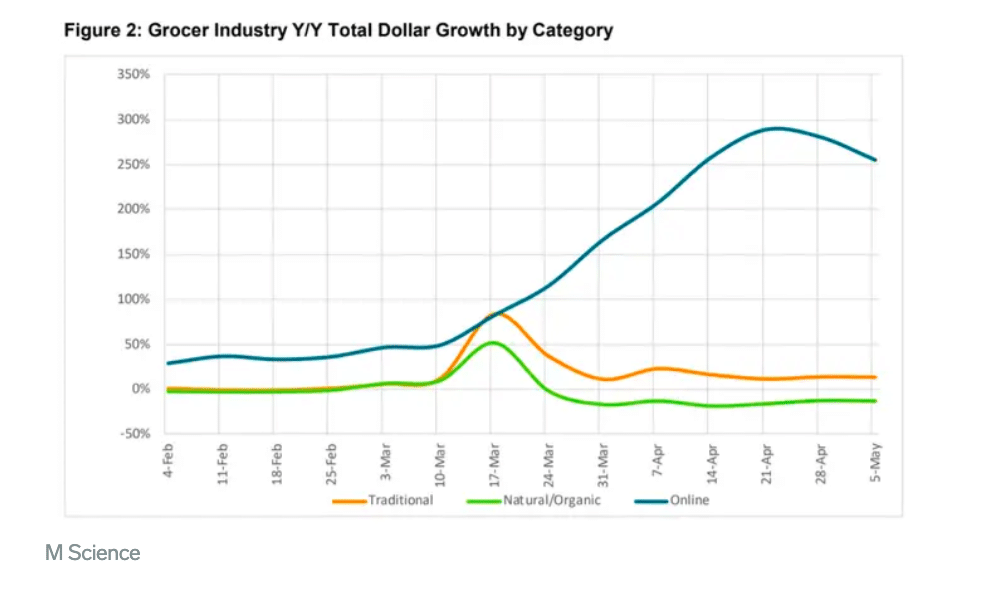
This recent explosion in e-commerce has left many brands wondering whether this change is here to stay. The truth is that online sales have already been steadily growing for years now as more people became connected through the internet. These online shoppers find value in the product variety and easily accessible niches. This coupled with more efficient supply chains enables both consumers and producers to favor online shopping.
Now with the pandemic, this already existing upward trend has increased substantially with many online shopping and delivery services morphing into necessities. While it is hoped that this outbreak would eventually come to an end, this drastic switch to the usage of digital platforms is likely to be permanent.
A large reason for this is the change in shopping habits caused by the current social distancing practices. According to a Morning Consult study, 24% are not comfortable with going to a shopping mall in the next six months with an additional 26% stating that they do not know when they will feel comfortable. While the COVID cases in the US may eventually slow, the continued risk of a comeback will put personal hygiene and social distancing as a priority.
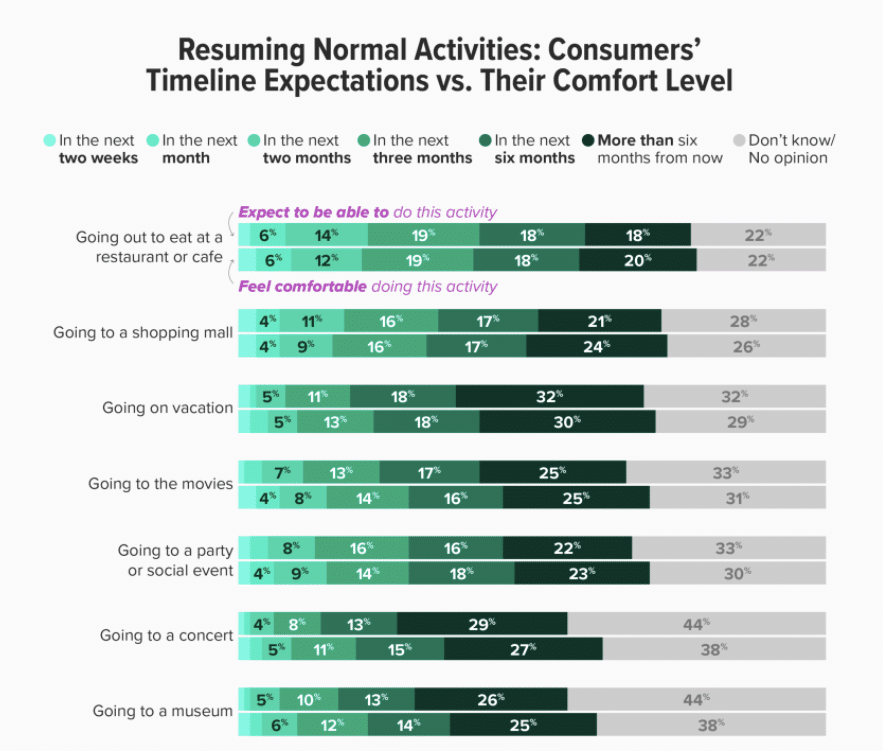
It is expected that by the time the pandemic fades, both digital consumers and producers will form long term behaviors that will further boost e-commerce platforms. As new customers and the older generation become more comfortable with the convenience of buying online, retailers have been adapting to meet the demand.
Many businesses have chosen to move online to take advantage of this surge in digital customers. Leading e-commerce provider Shopify has seen a 62% increase in the amount of small businesses using its platform in the six weeks between the beginning of lockdown and the middle of April. This comes at a time when it has never been easier to set up shop online. Companies like Shopify provide web development and inventory management services for a small monthly fee as an alternative to the hefty processing fees that come with selling on third-party marketplaces.
A new statewide e-commerce initiative in Louisiana aims to use online shopping as a way to boost small business sales during the pandemic and afterward. The launching in June 2020 of LASmallBizOnline.com in partnership with Shopify has allowed for many smaller Louisiana businesses to have the tools they need to navigate the world of online shopping. On the website, Louisiana business owners have access to support from Shopify experts in addition to advanced tools for search engine optimization, email marketing, and sales growth. This is all in hopes that economic success will come from bringing more small businesses online.

This larger trend towards e-commerce will have significant long term benefits not only to customers but also to existing businesses and startups who want quick returns. For newer businesses who want to take off, easier financial gains and a specific audience are some of the advantages of selling online.
A retail store has many upfront costs such as rent, in-store employee salaries, and sales equipment that can be avoided when launching an e-commerce business. Many startups working with a small initial budget will find this particularly advantageous.
Online platforms are also beneficial for newer businesses offering niche products because they can rapidly scale up by reaching an audience that is more likely to buy their unique product. Customers from anywhere in the world can do a simple search to find the specific type of products they are looking for. For the newer business, they can cut down on costs by expanding on products they know cater to a niche that is favorable among a specific audience.
For existing businesses, building an e-commerce website allows for easier access to customer data. Collection of product feedback can be done by offering online discounts in exchange for simple surveys, while personal information such as name, mailing address, and phone number can be gathered with every order.
Additional behavioral data collected through online platforms can allow for products to be sold in a more personalized way. Information on specific customers such as the discounts utilized, average time spent on product browsing, total website visits, and what products were left in the cart can tell a business how they can better market their products to a specific customer.
This data can be used for digital marketing in order to reach a highly convertible audience that is more likely to purchase an online product. E-commerce brings the potential to advertise to the right customers, but successful marketing campaigns need to have a strong strategy to take advantage of the advanced tools used to collect customer data.

Here at Anderson Collaborative, we focus on building data-driven strategies that will provide profit-maximizing results. The importance of an overarching marketing strategy to create product-specific retargeting is crucial for any e-commerce business to capture rapidly growing online sales trends.
If you are a current business owner looking to expand your opportunities during this pandemic, right now may be the best time to dive into the digital world. With more and more people staying home and social distancing, e-commerce seems to be the solution to get consumers the products they want and need.

